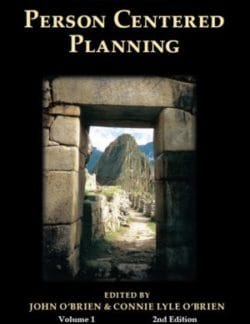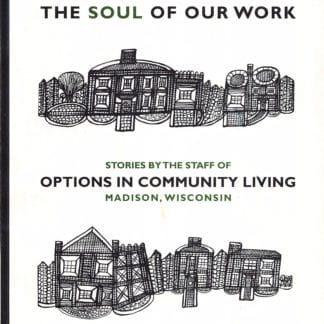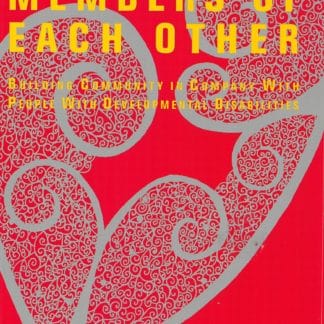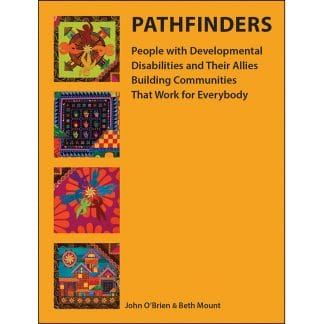A Response to the NQF Person-Centered Planning & Practice
Interim Report
Carol Blessing, Marcie Brost, Beth Gallagher, Kirk Hinkleman, Peter Leidy, Beth Mount & John O’Brien
Nov. 2019
The National Quality Form (NQF) has been funded by the Federal Administration on Community Living (ACL) and the Centers for Medicare and Medicaid Services (CMS) to provide a consensus based definition of person-centered planning, outline a core set of competencies for facilitators, and identify the ways systems can support person-centered planning which includes a framework for quality measurement within person-centered planning.
NQF has drafted an Interim Report and is seeking public comment. You can download the report and submit comments at http://www.qualityforum.org/Person_Centered_Planning_and_Practice.aspx
As the title of this paper suggests, for reasons we describe, we have to stand aside from the consensus proposed in this report.
Our sense is that trends in the health care industry will result in system adoption of definitions and practices like these, if in revised form. We can’t imagine how to stop the train carrying medical-administrative mindsets and measurements even deeper into the lives of people with disabilities (though we are eager to hear other’s ideas about how we might). Our confidence remains where it has been for the past generation, in those people and organizations who find ways to make as much space as possible to co-create the way to more of a good life with people, families and fellow citizens.
Person Centered Planning encompasses many different perspectives and prac- tices. We don’t claim to define one right way. We do claim a voice that rises from our experience. Among us, we have worked from 21 to 51 years in sup- port of people with developmental disabilities. Our appreciation of the possibil- ities and practicalities of building more just and inclusive communities contin- ues to grow. Our work includes designing methods –Personal Futures Planning, MAPS, PATH, A Framework for Planning, Getting to Know You, The Liberty Plan, and many ad hoc methods to meet the demands of particular projects; supporting others to learn and practice these methods; facilitating planning with hundreds of people and families; and assisting dozens of organizations to develop good responses to the many demands for innovation that result from good person-centered planning.
We dissent because we do not recognize our own lived experiences in the Interim Report. We think this is a matter of difference in mission and mindset. When we think of person centered planning, we think of specific faces, names and stories. As we read it, the Interim Report aims to meet health system de- mands that position person centered planning as an instrument of that system, bounding a universally defined process in meetings, specifying competencies to facilitate plans, and outlining system management processes to assure compli- ance in implementation. It addresses Long Term Services and Supports (LTSS), a new level of administrative abstraction that fuses constituent groups and muddles fundamentally different forms of service from self-directed individual supports to nursing homes



